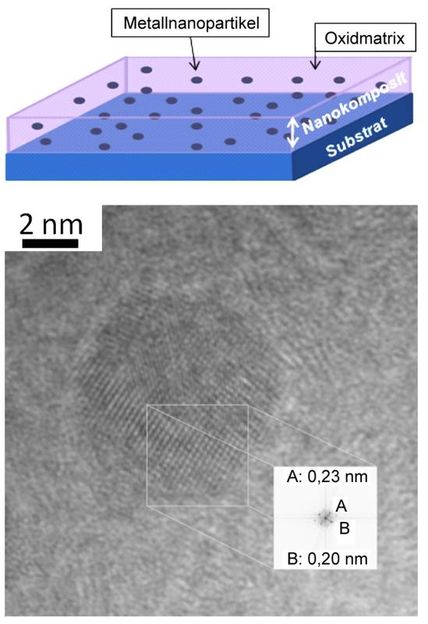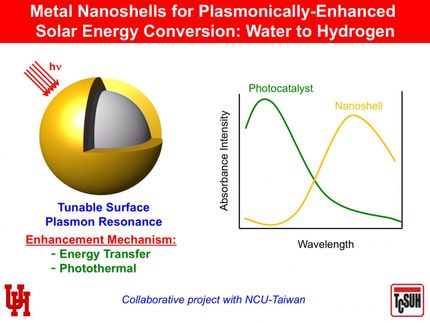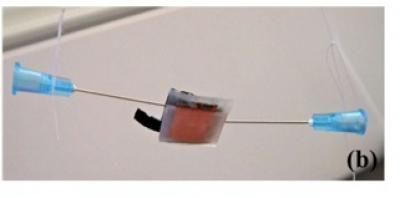Nanotechnologists from Penn collaborate to form near-frictionless diamond material
Researchers at the University of Pennsylvania, the University of Wisconsin-Madison and IBM Research-Zürich have fabricated an ultra sharp, diamond-like carbon tip possessing such high strength that it is 3,000 times more wear-resistant at the nanoscale than silicon.
The end result is a diamond-like carbon material mass-produced at the nanoscale that doesn't wear. The new nano-sized tip, researchers say, wears away at the rate of one atom per micrometer of sliding on a substrate of silicon dioxide, much lower than that for a silicon oxide tip which represents the current state-of-the-art. Consisting of carbon, hydrogen, silicon and oxygen molded into the shape of a nano-sized tip and integrated on the end of a silicon microcantilever for use in atomic force microscopy, the material has technological implications for atomic imaging, probe-based data storage and as emerging applications such as nanolithography, nanometrology and nanomanufacturing.
The importance of the discovery lies not just in its size and resistance to wear but also in the hard substrate against which it was shown to perform well when in sliding contact: silicon dioxide. Because silicon –- used in almost all integrated circuit devices –- oxidizes in atmosphere forming a thin layer of its oxide, this system is the most relevant for nanolithography, nanometrology and nanomanufacturing applications.
Probe-based technologies are expected to play a dominant role in many such technologies; however, poor wear performance of many materials when slid against silicon oxide, including silicon oxide itself, has severely limited usefulness to the laboratory.
Researchers built the material from the ground up, rather than coating a nanoscale tip with wear-resistant materials. The collaboration used a molding technique to fabricate monolithic tips on standard silicon microcantilevers. A bulk processing technique that has the potential to scale up for commercial manufacturing is available.
Robert Carpick, professor in the Department of Mechanical Engineering and Applied Mechanics at Penn, and his research group had previously shown that carbon-based thin films, including diamond-like carbon, had low friction and wear at the nanoscale; however, it has been difficult to fabricate nanoscale structures made out of diamond-like carbon until now.
Understanding friction and wear at the nanoscale is important for many applications that involve nanoscale components sliding on a surface.
"It is not clear that materials that are wear-resistant at the macroscale exhibit the same property at the nanoscale," lead author Harish Bhaskaran, who was a postdoctoral research at IBM during the study, said.
Defects, cracks and other phenomena that influence material strength and wear at macroscopic scales are less important at the nanoscale, which is why nanowires can, for example, show higher strengths than bulk samples.
Other news from the department science
These products might interest you
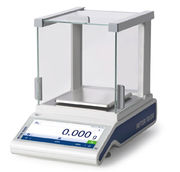
MS-Präzisionswaagen by Mettler-Toledo
Trusted Results at Your Fingertips
Capacity from 320 g to 12.2 kg, readability from 1 mg to 100 mg

Good Weighing Practice by Mettler-Toledo
Your Concrete Weighing Quality Assurance Plan
GWP Verification service
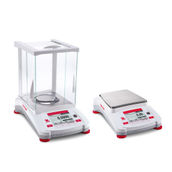
Precision balances by Ohaus
High-performance precision balances for everyday use in laboratories & industry
From milligram-accurate measurement of small samples to routine weighing in the kilogram range
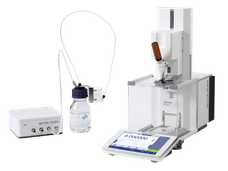
Automatische XPR-Waagen by Mettler-Toledo
Production of standards, samples and concentrations - fast and reliable
Automate the weighing processes in your laboratory - ideal also for sample prep at chromatography
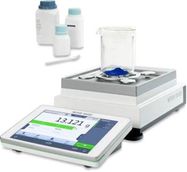
XPR Precision Balances by Mettler-Toledo
Fast and Accurate Precision Weighing Even in Difficult Conditions
XPR Precision Balances / Solutions to support you with data management, traceability and regulatory compliance
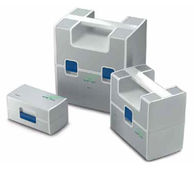
Carepacs by Mettler-Toledo
Professional CarePacs for smooth routine testing
Tweezers, gloves and other accessories for professional weight handling
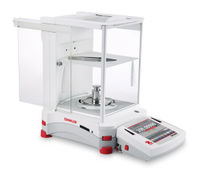
Balances analytiques by Ohaus
Analytical balances with outstanding weighing performance, as easy to use as a smartphone
These space-saving analytical and semi-micro balances are surprisingly intuitive to use

Get the chemical industry in your inbox
By submitting this form you agree that LUMITOS AG will send you the newsletter(s) selected above by email. Your data will not be passed on to third parties. Your data will be stored and processed in accordance with our data protection regulations. LUMITOS may contact you by email for the purpose of advertising or market and opinion surveys. You can revoke your consent at any time without giving reasons to LUMITOS AG, Ernst-Augustin-Str. 2, 12489 Berlin, Germany or by e-mail at revoke@lumitos.com with effect for the future. In addition, each email contains a link to unsubscribe from the corresponding newsletter.
Most read news
More news from our other portals
Last viewed contents
Photodegradation

AVT GmbH Becomes Part of the Busch Group - “In AVT GmbH we are winning a competent partner for the heat treatment equipment service business”
Scientists develop new soil moisture sensor - Innovative measuring device enables the water content of biological soil crusts to be measured for the first time
Pall Lab Filters Earn Zymark/Caliper Exclusive Certification
BASF increases prices for Neopentylglycol and Trimethylolpropane in Europe
Researchers use light to detect Alzheimer's - New technique may help identify ways to predict and prevent deadly disease
Cereplast Signs New Distribution Agreement With ColorTec - Agreement Reflects Continued Demand in European Marketplace
Gemstone
